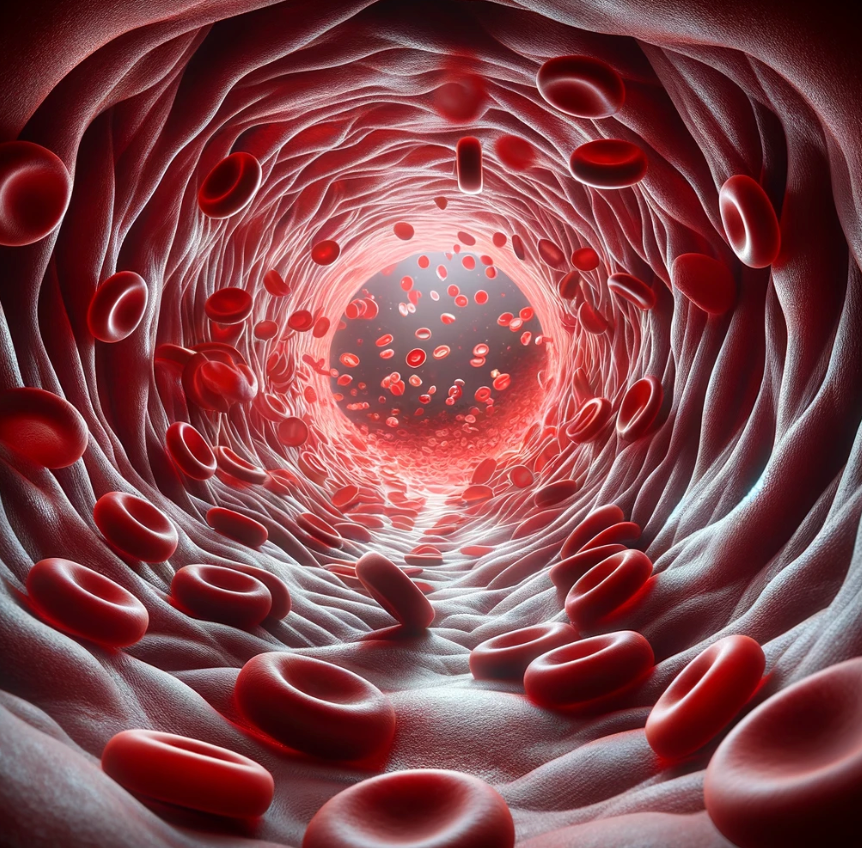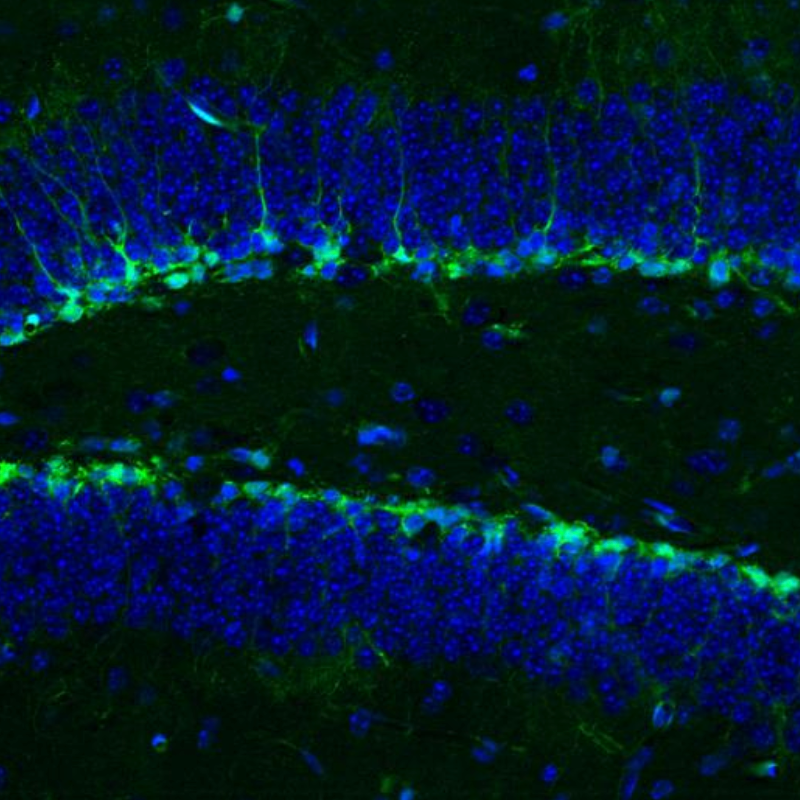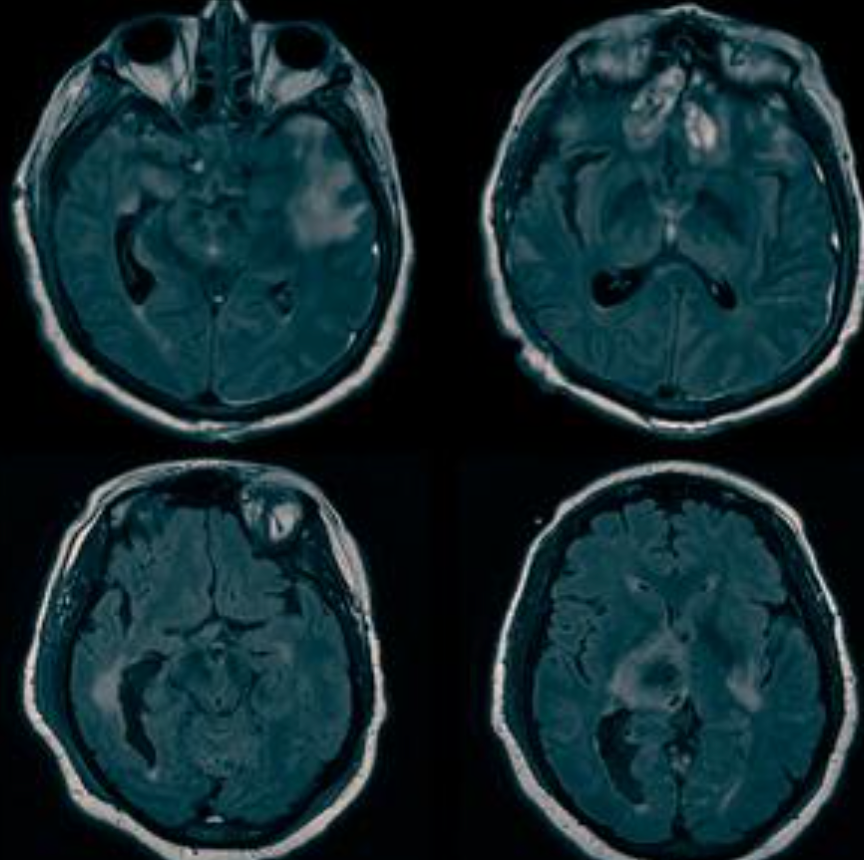This cancer drug might also treat an ischemic stroke
Feb. 29, 2024.
2 mins. read.
1 Interactions
Improved brain and vascular protection in rats after ischemic stroke
A study by the Institut de Neurociències of the UAB (INc-UAB) in Barceloma demonstrates in animal models that a cancer drug can also be used to treat a stroke.
Ischemic stroke, the second leading cause of death worldwide, occurs when blood flow cannot reach the brain due to an obstruction. The brain does not receive oxygen and this causes damage and functional impairment. Hypertension is the most frequent modifiable risk factor for stroke and is associated with the worse recoveries.
Cancer drug vorinostat can also treat brain lesions
Currently, there is only one pharmacological treatment to attenuate the effects of stroke, but it does not work for all patients and is associated with some important adverse effects. Now, researchers at the Institut de Neurociències of the UAB (INc-UAB) in Barceloma were able to demonstrate that the drug vorinostat—used to treat cutaneous T-cell lymphoma cancer— has great potential in treating brain lesions derived from strokes.
In an article published in the journal Biomedicine and Pharmacotherapy, the research group demonstrates, in a model of stroke in hypertensive rats, how the use of the drug improves neurological deficits, reduces brain damage and attenuates the inflammatory response, among other effects.
Future clinical trials
The researchers demonstrated that the treatment also protects the surrounding vessels, even a few hours after the stroke occurs.
“These findings would pave the way for the correct design of future clinical trials to test its efficacy and safety in patients who have suffered a stroke,” says study coordinator Francesc Jiménez-Altayó, a researcher from the Department of Pharmacology, Therapeutics and Toxicology at the UAB and the Cardiovascular Diseases Area of the Centre for Biomedical Research Network (CIBERCV).
Citation: Díaz-Pérez A, Pérez B, Manich G, García-Aranda J, Navarro X, Penas C, Jiménez-Altayó F. Histone deacetylase inhibition by suberoylanilide hydroxamic acid during reperfusion promotes multifaceted brain and vascular protection in spontaneously hypertensive rats with transient ischaemic stroke. Biomed Pharmacother. 2024 Feb 20;172:116287. 10.1016/j.biopha.2024.116287. Epub ahead of print. PMID: 38382328. (open-access)
Let us know your thoughts! Sign up for a Mindplex account now, join our Telegram, or follow us on Twitter.


.png)

.png)


.png)





0 Comments
0 thoughts on “This cancer drug might also treat an ischemic stroke”